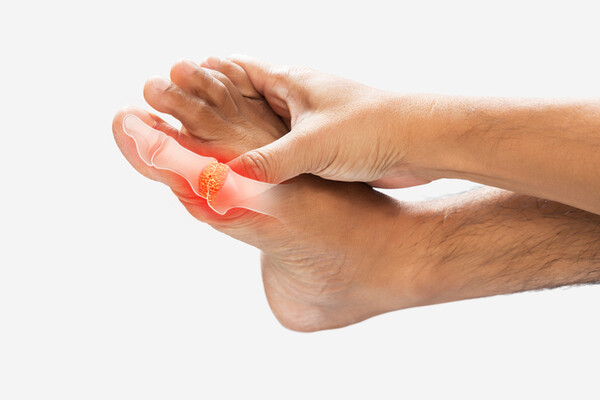JW Pharmaceutical is drawing attention by reapplying for the global phase 3 clinical trial of its gout treatment candidate, epaminurad (URC102).

The company said in a public filing Monday that it has submitted the renewed application to the Taiwan Food and Drug Administration (TFDA).
JW Pharmaceutical plans to evaluate the safety and efficacy of epaminurad in comparison with the existing gout treatment febuxostat. The target indications are gout and gout-related hyperuricemia.
The Taiwanese phase 3 clinical trial aims to evaluate the non-inferiority of epaminurad to febuxostat in reducing serum uric acid in patients with gout. The study will enroll 588 patients and last 36 months from the regulatory approval date.
JW Pharmaceutical failed to win approval in its previous investigative new drug (IND) application. In March, the company disclosed in a public filing that it had received a notice of the rejection from TFDA.
JW Pharmaceutical explained that the Taiwanese regulator disapproved of the IND application due to noncompliance with the control drug standard. Accordingly, the Korean company said it had changed the control drug items in the clinical trial design to those recognized by TFDA.
Epaminurad is a uric acid excretion enhancer that inhibits URAT1 (Uric Acid Transporter-1). JW Pharmaceuticals expects epaminurad to be free from the cardiovascular side effects of febuxostat.
“In our first IND submission, we used a domestic febuxostat product as the control drug, but TFDA did not recognize it as a control. This time, we changed it to one recognized by the Taiwanese regulator and resubmitted,” a JW Pharmaceutical official said.
It is a positive sign that a Korean company's first global phase 3 IND application did not raise any issue other than the control drug, the official added.

